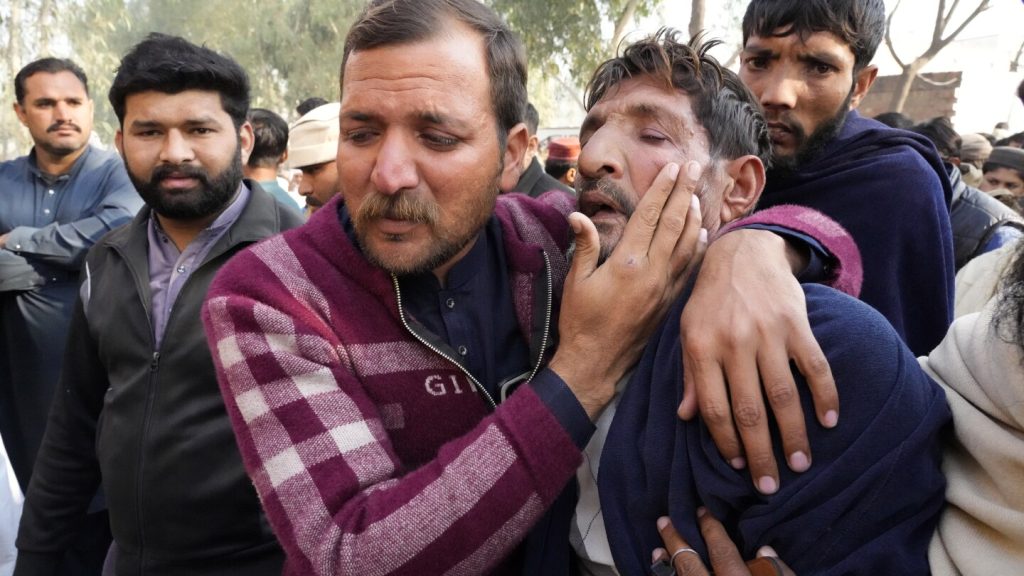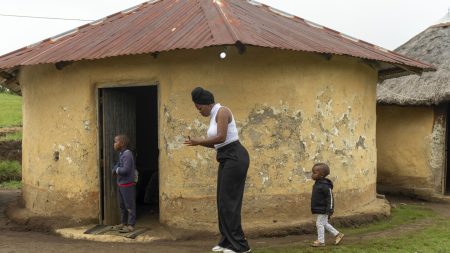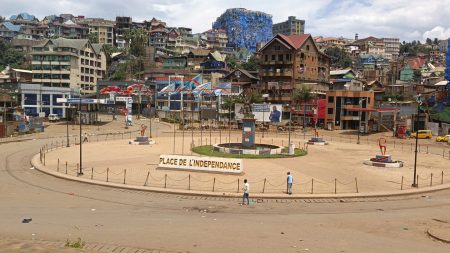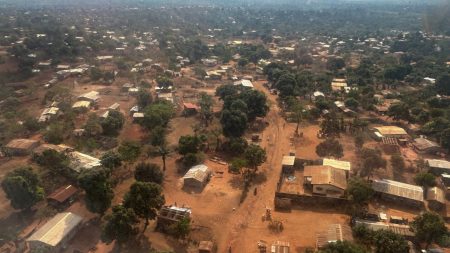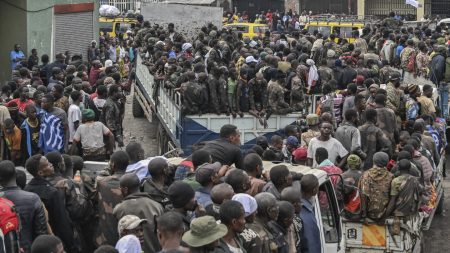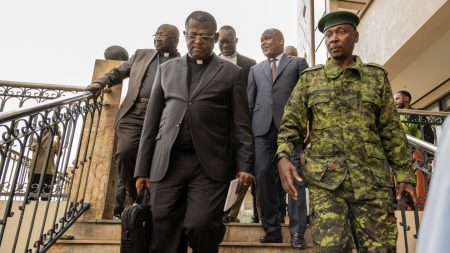Tragedy at Sea: The Story of Pakistanis Lost in a Migrant Boat Disaster
The bodies of four Pakistani nationals who perished in a tragic migrant boat capsizing off the coast of West Africa last month have been brought back to their homeland. The victims were among 13 Pakistanis identified through DNA testing after the incident. Their remains were transported from Morocco to Islamabad International Airport on a Saudi flight and later laid to rest in their native towns in Punjab province. This heartbreaking episode underscores the risks and sacrifices faced by migrants seeking better lives abroad.
The Journey and the Tragedy
The ill-fated boat set sail from Mauritania on January 2 with 80 passengers, including several Pakistanis, according to the Pakistani Foreign Ministry and a Spain-based migrant rights group, Walking Borders. The vessel was headed for the Canary Islands, a Spanish archipelago off northwest Africa, a popular yet perilous destination for migrants attempting the dangerous Atlantic crossing in rickety boats. Tragically, the boat capsized near the Moroccan port of Dakhla, claiming the lives of at least 50 people, 44 of whom were Pakistani nationals. While 22 Pakistani survivors were repatriated earlier, the loss of life has left families and communities in mourning.
Allegations of Human Smuggling and Violence
The tragedy has also brought to light disturbing allegations of human smuggling and violence. Relatives of the deceased have shared harrowing accounts of what unfolded. Mohammad Adnan, the brother of one of the victims, Mohammad Arslan, revealed that human smugglers had tortured the migrants and thrown them into the sea over a payment dispute. Adnan explained that his family had paid 4 million rupees ($14,000) upfront to a local smuggler, with the remaining 1 million rupees ($5,600) left unpaid. It was during this dispute that the smugglers allegedly forced the migrants into the water.
Similarly, Samar Iqbal, whose brother Qaiser Iqbal also died in the incident, stated that he was unaware of the smugglers’ brutal actions until after the tragedy. Qaiser’s last message had simply informed the family that he was boarding the boat, and all contact was lost thereafter. Some survivors have corroborated these claims, stating that the boat never actually capsized. Instead, they allege that African human smugglers used hammers to torture migrants before throwing them into the sea. These allegations remain unconfirmed, and government officials have yet to comment on the matter.
A Grim Reality: Pakistanis Risking Everything for a Better Life
The deaths of these Pakistanis are a stark reminder of the dangers faced by thousands of citizens who attempt to reach Europe each year via land and sea routes. Many are lured by the promise of better economic opportunities, but the journey is fraught with risks, including exploitation by human traffickers. This incident has reignited calls for stricter measures to combat human trafficking and protect vulnerable migrants.
Government Response and the Way Forward
In the aftermath of the tragedy, Pakistani President Asif Ali Zardari emphasized the need for tough action against human traffickers. Authorities have claimed to be cracking down on trafficking networks, with several immigration officials dismissed for negligence. Yet, the persistence of such incidents highlights the scale of the challenge. The repatriation of the victims’ bodies has brought some closure to their families, but the broader issue of human trafficking remains a pressing concern for Pakistan and the global community.
This tragic event serves as a poignant reminder of the human cost of migration and the urgent need for solutions that prioritize the safety and dignity of all people. Only through collective efforts can we hope to prevent such heart-wrenching losses in the future.





